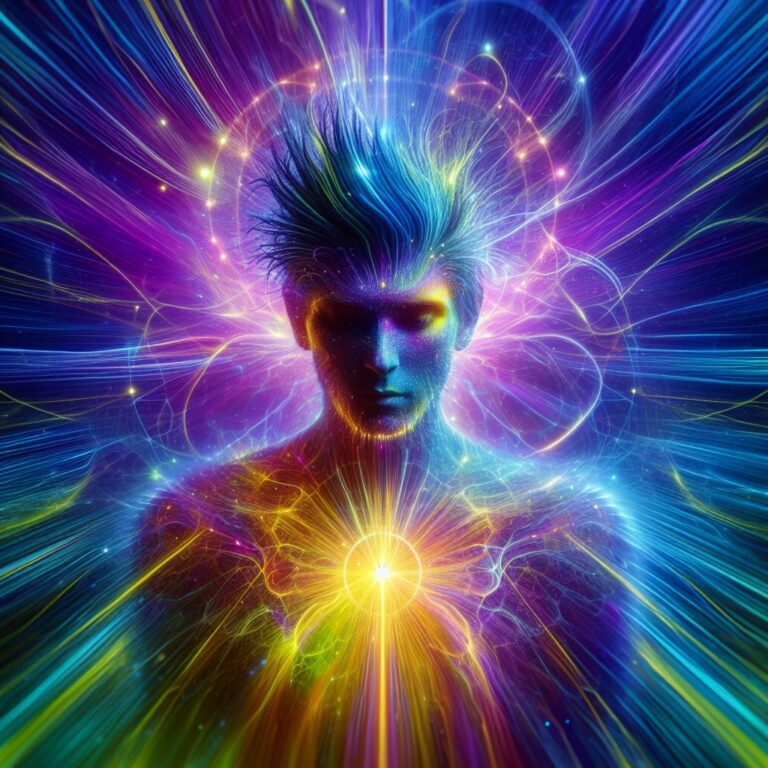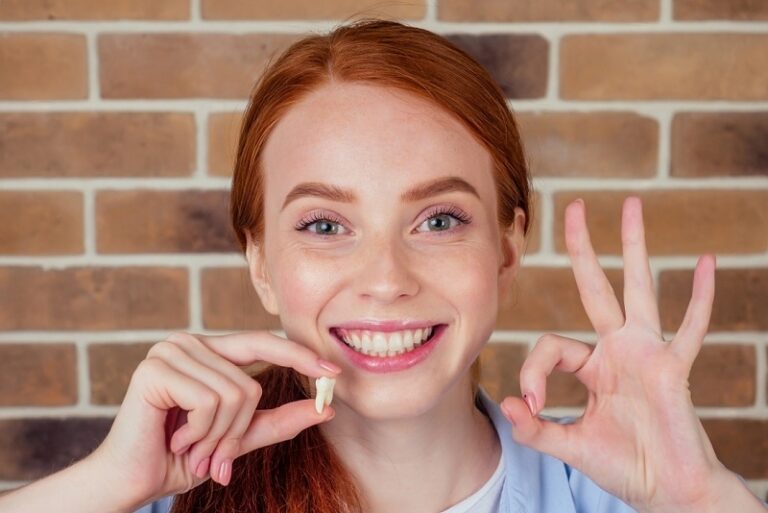What Does it Mean When Your Eye Twitches?
You’re sitting at your desk working when suddenly your left eyelid starts fluttering uncontrollably. Ugh, not again! you think. Annoying as it may be, eye twitching is common and usually harmless. But what causes this pesky phenomenon, and what does it mean when your eye twitches? Read on to learn more.
Here’s a quick interpretation:
Eye twitching is common and usually harmless, caused by fatigue, caffeine, eye strain, or nutrient deficiencies. An occasional eyelid spasm typically doesn’t indicate anything serious. Persistent twitching or twitches plus vision changes do warrant seeing a doctor to evaluate possible underlying conditions. Gentle massage and warm compresses can provide relief. Lifestyle changes like more sleep and taking eye breaks help reduce twitches.

What is Eyelid Twitching?
Eyelid twitching, also called blepharospasm, is the involuntary spasming or fluttering of the eyelid. The medical term for eye twitching is myokymia. It may involve only part of the eyelid or the entire lid. Most eye twitches last only a few minutes, but in some cases can persist for hours or even days before going away on their own.
Common Causes and Triggers
There are several potential causes and triggers for eye twitching:
- Fatigue or stress. Getting inadequate sleep and increased stress often correlate with eyelid twitching. The nerves and muscles surrounding the eye can spasm when you’re worn out.
- Caffeine and stimulants. Consuming too much caffeine from coffee, energy drinks, or tea can trigger eye twitching.
- Nutrient deficiencies. Lacking certain vitamins and minerals like magnesium and vitamin B12 is linked with muscle twitches.
- Eye strain. Staring at digital screens for too long can cause eye twitching. Blue light exposure tires out eye muscles.
- Irritation. Makeup, eyelash extensions, or debris caught in the eye are common irritation culprits. This can make eyes twitch.
Some other factors like allergies, hormone changes, or reactions to certain medications may also contribute to eyelid spasms.
Types of Eye Twitches
There are a few types of eye twitching:
- Upper eyelid twitching. Contractions of the levator palpebrae muscle connecting the eyelid to the eye socket.
- Lower eyelid twitching. Spasms of the orbicularis oculi muscle encircling the eye.
- Corner eye twitching. Twitching of the lateral orbicularis oculi muscle located at the outer corner of the eyelid.
Upper eyelid twitches are most common, while lower lid twitches are less frequent.
What Does My Eye Twitch Mean?
Eye twitching can be annoying, but is it something to worry about? Here’s what an occasional eye flutter could signify:
| Location | Possible Meaning |
|---|---|
| Left eye twitching | Old wives’ tale says this hints someone is talking about you. |
| Right eye twitching | Traditional interpretation is good luck is coming your way. |
| Upper eyelid | Could mean you’re stressed out or not resting enough. |
| Lower eyelid | Might indicate you need more nutrients like magnesium. |
| Corner of eye | Eye strain from too much screen time is a possible culprit. |
Most eye twitches are harmless and resolve quickly on their own without treatment. Consistent twitches or those affecting vision should be evaluated by your eye doctor though.
When to See a Doctor
In most cases, a twitching eyelid is nothing to be concerned about. But if you experience frequent eyelid spasms or twitching that persists for more than a few days, see an eye care professional.
Contact your doctor right away if you have eye twitching along with:
- Vision changes
- Eye pain or redness
- Bulging of the eyelid
- Excessive tearing
- Light sensitivity
- Headache
- Facial weakness
- Dizziness
These accompanying symptoms could indicate a more serious condition like a neurological issue or nerve damage that requires medical treatment.
How to Stop Eye Twitches
Here are some tips to prevent eye fluttering at home:
- Get enough sleep. Aim for 7-9 hours per night minimum.
- Exercise and reduce stress. Yoga, meditation, and deep breathing curb anxiety.
- Limit caffeine. Have no more than 400mg caffeine daily (about 4 cups coffee).
- Apply warm compresses. Heat helps soothe eye spasms.
- Try eye drops. Lubricating drops can relieve dry, irritated eyes.
To calm a sudden eyelid twitch, close your eyes and gently massage the area around your eye. Take slow, deep breaths while massaging to relax facial muscles.
The Bottom Line
An occasional eyelid twitch is generally harmless, despite being a pesky nuisance. Pay attention to patterns with your diet, lifestyle, and environmental triggers that make eyes twitch more often. Rule out serious causes by seeing an optometrist or ophthalmologist if twitching persists or you have other concerning symptoms. With self-care strategies like reducing fatigue and eye strain, you can get pesky eye jumps and spasms under control.
FAQ
1. Why do my eyes keep twitching even when I get enough sleep?
Even with adequate rest, factors like nutrient deficiencies, allergies, eye strain, irritation, or caffeine overdose can still make eyes twitch frequently. Getting checked for underlying issues can help pinpoint any causes not related to sleep deprivation or fatigue.
2. Is eye twitching dangerous or a sign of a serious problem?
For the most part, eye twitching is a harmless nuisance. Consistent spasms over weeks or experiencing vision problems along with eye jumps could indicate an underlying neurological or nerve issue needing medical care.
3. My right eye has been twitching for a week. What does this mean?
Right eye twitching for an extended period can still have the harmless meaning of good luck coming your way, based on superstition. But persisting for over a week warrants an eye exam to rule out any conditions causing chronic muscle spasms around the eye.
4. How can I instantly make my eye twitching stop?
To help provide immediate relief, try gently massaging the area or using warm compresses for a few minutes. Close your eyes and take slow breaths to relax the muscles. Reducing eye fatigue also helps – avoid digital screens for an hour.
5. What lifestyle changes can I make to prevent eye twitching?
Getting 7+ hours of shuteye, limiting caffeine, staying hydrated, and managing stress all help prevent eye issues like twitching. Regular eye breaks when screen staring plus ergonomic workstation setups also lower twitch triggers.






